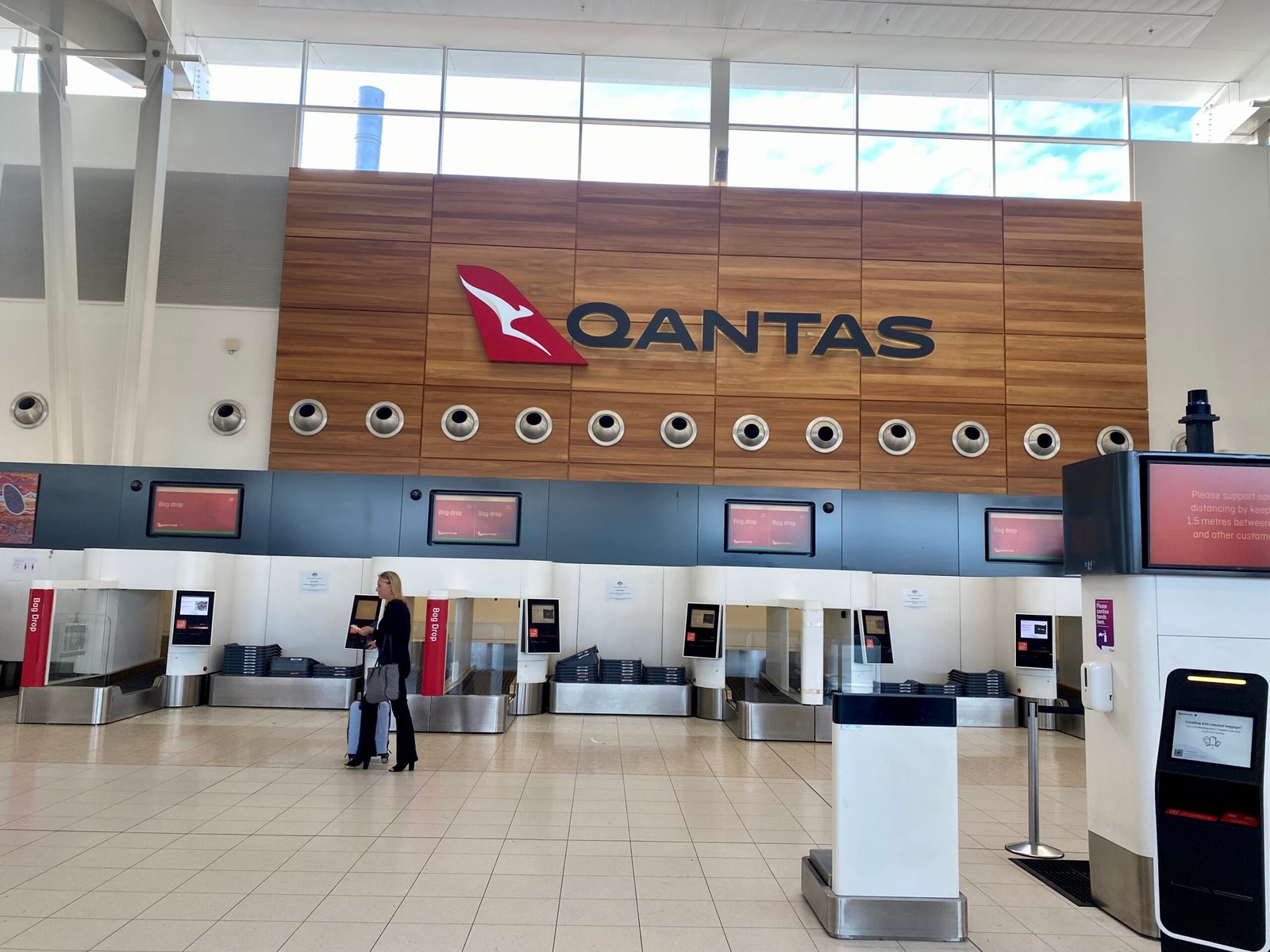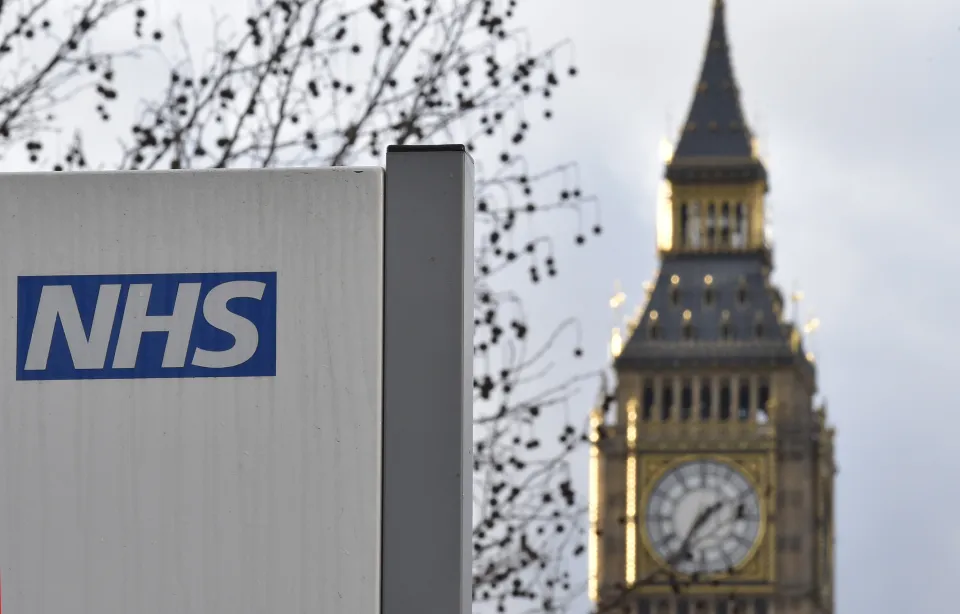Australia Tech Expansion — Qantas 2025 Adelaide Innovation Hub Hiring: 400+ Digital, Software & Aviation Roles (Graduate & Experienced)
Introduction
The world of aviation is no longer just about airplanes, runways, and check-in counters. Increasingly, it is being powered by data scientists, software engineers, and artificial intelligence (AI) specialists. In a bold strategic move, Qantas — Australia’s flag carrier — has announced plans to build a Product Innovation Centre in Adelaide, which will house over 400 technology roles. This is more than just a jobs boost: it’s a bet on the future of travel, grounded in digital transformation and innovation.
By creating this tech hub, Qantas isn’t just growing its workforce – it’s consolidating its digital capabilities, bringing critical tech talent in-house, and reimagining how customers interact with the airline. From smarter baggage tracking to predictive maintenance, the center aims to reshape the passenger experience. Let’s dive deeper into what this means, who it’s for, and why it matters not just for Qantas, but for South Australia and the broader aviation and tech ecosystems.
Why Adelaide? Strategic Rationale Behind the Innovation Hub
Qantas’s decision to locate its tech hub in Adelaide’s CBD is deeply strategic. Here are a few key reasons:
- Access to Talent
Adelaide is home to world-class academic institutions, including Adelaide University, which is a key partner in this hub. This gives Qantas a strong pipeline of graduates — especially in AI, digital, and software engineering. (adelaideuni.edu.au) - Growing Tech Ecosystem
South Australia has been actively building its innovation credentials. The state is not just relying on traditional industries; it’s investing in future-facing sectors like AI, machine learning, and digital product development. (invest.sa.gov.au) - Decentralizing Capability
Traditionally, many of Qantas’s technology teams have been concentrated in Sydney. By setting up a delivery hub in Adelaide, Qantas is both spreading its geographical risk and building a regionally anchored innovation capacity. (InnovationAus.com) - Government Support
The South Australian government is backing the project, which not only signals political will but also provides financial and structural support. (Qantas Newsroom) - Research and AI Synergies
With ties to the Australian Institute for Machine Learning (AIML), the innovation hub is positioned to be a center of R&D excellence. Qantas plans to fund scholarships (PhD, Honours) and co-design curriculum for its future workforce. (adelaideuni.edu.au)
What Roles Are Being Created? (Graduate & Experienced)
Qantas describes the Adelaide hub as a Product Innovation Centre, not just a satellite office. According to its official announcement, the new center will serve as a home for its in-house technology product development teams. (Qantas Newsroom)
Here are some of the key roles expected:
- Product Managers
- Digital Experience Designers
- Software Engineers
- UI/UX (User Interface / User Experience) Designers
- Business Analysts
- AI and Data Specialists
- Administrative and HR to support the hub
The roles will span both graduate-level (entry-level) and experienced professionals, giving Qantas flexibility to tap into fresh talent and seasoned experts. Given the partnership with Adelaide University, many graduate roles are likely to come via structured pathways. (adelaideuni.edu.au)
Timeline, Growth, and Hiring Projections
The plan is ambitious but well-phased:
| Milestone | Details |
|---|---|
| Opening Date | The hub is slated to open in March 2026. (Qantas Newsroom) |
| Projected Roles | More than 420 highly-skilled technology roles over three years. (ABC) |
| Target Date for Hiring | Many of these roles are expected to be filled by end of 2028. (invest.sa.gov.au) |
| Graduate Pathways | Through its partnership with Adelaide University and the AIML, Qantas will build a pipeline for new talent via internships, scholarships, and research roles. (adelaideuni.edu.au) |
Key Insights: Why This Matters
1. Digital Transformation at Its Core
Qantas is not just hiring coders. By building an in-house innovation centre, the airline is aiming to redesign major parts of its customer journey: from booking, check-in, in-flight experience, baggage handling, to problem resolution. (Qantas Newsroom)
Some tangible examples of what they plan to work on:
- Smarter baggage tracking — helping customers know where their luggage is via digital tools. (Qantas Newsroom)
- Seamless check-in — making the process smoother and more intuitive. (Mirage News)
- AI-powered disruption tools — e.g., when a flight is delayed or canceled, AI systems could help rebook or reroute customers more intelligently. (iTnews)
- Predictive maintenance — using data and AI to foresee aircraft maintenance needs, improving reliability and safety. (Qantas Newsroom)
This isn’t just cost cutting; it’s about reimagining the future of travel.
2. Building Local Tech Ecosystems
Qantas choosing Adelaide sends a powerful signal: the city is not just for traditional industries anymore. By consolidating digital teams in Adelaide, Qantas is helping to strengthen South Australia’s local innovation ecosystem. (weare.sa.gov.au)
This has broader implications:
- More attractive for startups and scale-ups in AI/digital to cluster in Adelaide.
- Increased collaboration with universities (especially Adelaide University and AIML) will spur research and commercialization.
- More high-paying, high-skilled jobs will stay in South Australia rather than being outsourced or offshored.
3. Graduate Opportunities & Future Workforce
The partnership with Adelaide University is central to Qantas’s long-term talent strategy. (adelaideuni.edu.au)
- Graduate recruitment pathways: internships, direct hiring for graduates into Qantas’s innovation centre.
- Research collaboration: scholarships (PhD, Honours) tied to AIML’s Industrial AI program. (InnovationAus.com)
- Curriculum design: Qantas and the university will collaborate on developing degree content that aligns with industry needs — digital product management, responsible AI, design thinking, software engineering, and more. (adelaideuni.edu.au)
4. Economic & Political Dimensions
This isn’t just a private business expansion — there’s a strong public policy angle too:
- The South Australian Government is backing the project. Premier Peter Malinauskas called the agreement “historic” for driving high-tech jobs. (Qantas Newsroom)
- The deal is likely performance-based: government support is tied to employment benchmarks. (InnovationAus.com)
- Strategic value: Qantas aligns its innovation centre with local research capacity (AIML), which could lead to long-term economic resilience and competitiveness for the region. (invest.sa.gov.au)
5. Risk Management & Consolidation
By bringing more of its tech capability in-house, Qantas reduces its dependency on third-party vendors and offshoring. This can lead to:
- Better intellectual property protection (proprietary tools for customer experience, maintenance, etc.).
- Quicker iteration and feedback loops: tech teams embedded in the airline can more rapidly test, validate, and deploy innovation.
- Organizational alignment: having product, data, and design teams co-located encourages cross-functional collaboration.
Challenges & Considerations
While the opportunity is huge, there are also risks and challenges that Qantas (and its partners) will need to navigate carefully:
- Talent Competition
- The tech industry is competitive. Attracting and retaining skilled AI engineers, software developers, and product managers is not trivial.
- Other innovation hubs in Australia (or globally) may also be vying for the same talent.
- Gradual Hiring Risk
- Although Qantas projects 420+ roles, it’s over a multi-year timeline (to 2028). The pace of hiring might be slow, or targets may shift.
- Some of the roles might be relocated from other Qantas offices (e.g., Sydney or offshore), rather than being purely net-new local jobs. Indeed, reports note some existing contractors and offshore work will be converted. (InnovationAus.com)
- Execution Complexity
- Building a high-functioning innovation centre is more than leasing an office and hiring people. It needs strong leadership, culture, and alignment with Qantas’s broader business goals.
- Collaboration with academia (AIML) and setting up research programs requires careful governance, funding, and program management.
- Sustainability & ROI
- For the South Australian government, ensuring Qantas meets its job creation and performance benchmarks will be crucial.
- For Qantas, the return on investment (ROI) must justify this in-house build-out versus outsourcing innovation to third-party vendors or continuing with teams in other geographies.
- Regulatory & Ethical AI
- As Qantas builds AI-powered customer tools (for baggage, disruption recovery, etc.), it must navigate data privacy, transparency, and responsible AI practices.
- Ensuring fairness in predictive systems (e.g., who gets rebooked first, how AI decisions are made) will be important both ethically and reputationally.
Broader Implications for Aviation & Tech
Qantas’s move is more than just an isolated project — it reflects broader trends in both the aviation and technology landscapes.
- Aviation Meets Big Tech: Airlines are no longer just transport companies. They’re becoming digital-first platforms. Qantas’s innovation hub is part of this shift, where airlines will increasingly own the digital layer of their business.
- Regional Innovation Hubs: By choosing Adelaide, Qantas demonstrates a broader trend toward decentralization: major tech investments don’t have to be confined to capital cities like Sydney or Melbourne.
- AI in Operations: Predictive maintenance, AI scheduling, customer service bots, and disruption recovery are all use cases that can transform airline operations — reducing costs and improving resilience.
- Talent Ecosystems: University–industry partnerships (such as that between Qantas and Adelaide University / AIML) will likely become more common. This isn’t just good for Qantas; it builds capacity in the local ecosystem.
- Future of Work: For graduates and experienced tech workers, this opens up a new career path: working in aviation tech innovation. The roles are not just “IT in an airline” — they are core to how the airline evolves.
Why This Is a Win for South Australia (and Australia)
From an economic and social perspective, this hub is a big win:
- Job Creation
- 420+ high-skill jobs over a few years means real impact for South Australia’s workforce. (ABC)
- These are not just any jobs: they’re roles in AI, data, and digital — future-facing careers.
- Economic Diversification
- South Australia’s economy will benefit from having more high-tech, knowledge-based industries.
- The project helps reduce reliance on more traditional or cyclical industries by investing in long-term innovation capacity.
- Education & Research
- By partnering with Adelaide University and AIML, this hub supports research while building education pathways for students. (adelaideuni.edu.au)
- Scholarships and research roles will help develop local AI and data science talent, potentially keeping them in the state.
- Global Competitiveness
- A strong aviation-tech innovation centre can help position Adelaide (and South Australia) as a global hub for digital aviation solutions.
- This could attract further investment, startups, and partnerships, amplifying the economic impact.
Conclusion
Qantas’s 2025 plan to launch a Product Innovation Centre in Adelaide is much more than a job creation exercise; it’s a bold play on the future of travel and technology. With over 420+ roles projected, the hub will bring together product managers, engineers, data scientists, UI/UX designers, and AI experts both graduates and seasoned professionals.
Strategically placed in Adelaide, the centre leverages world-class academic partnerships (especially with Adelaide University and the Australian Institute for Machine Learning), strong government support, and a growing local innovation ecosystem. This move will not only strengthen Qantas’s in-house digital muscle but also boost South Australia’s economic sophistication.
The challenges are real from talent competition to execution risk but if successful, Qantas’s innovation hub could reshape not only the passenger experience but also the way airlines operate. It’s a statement: the future of aviation is digital, and Australia wants to build it on its own soil.
This is a compelling moment for job seekers in tech, graduates in AI and software, and anyone who believes that the next frontier of aviation isn’t just in the skies, it’s in data, design, and digital innovation.



